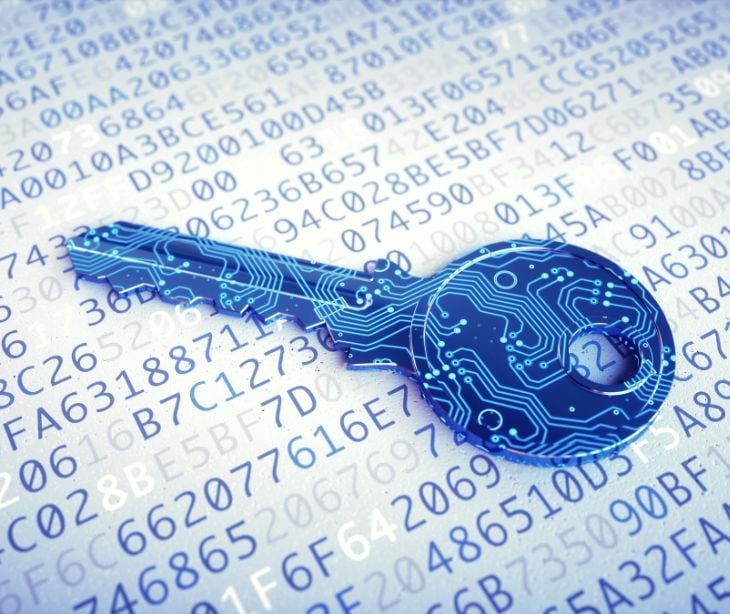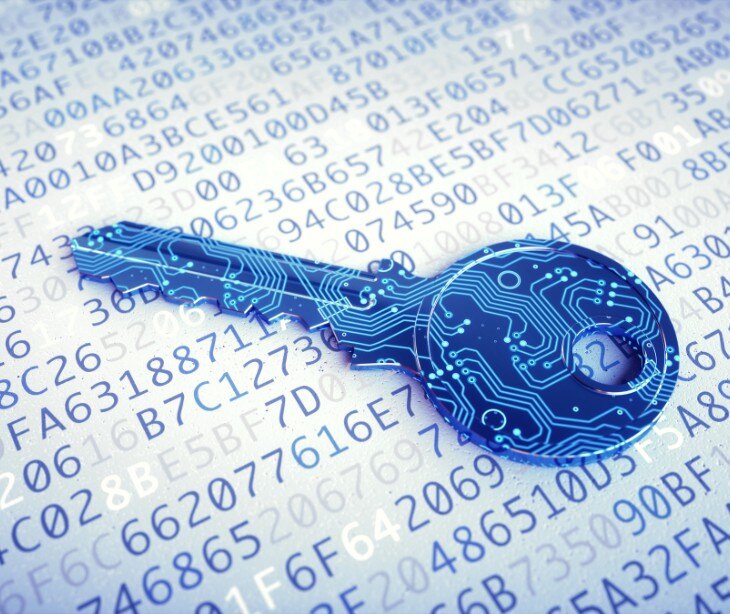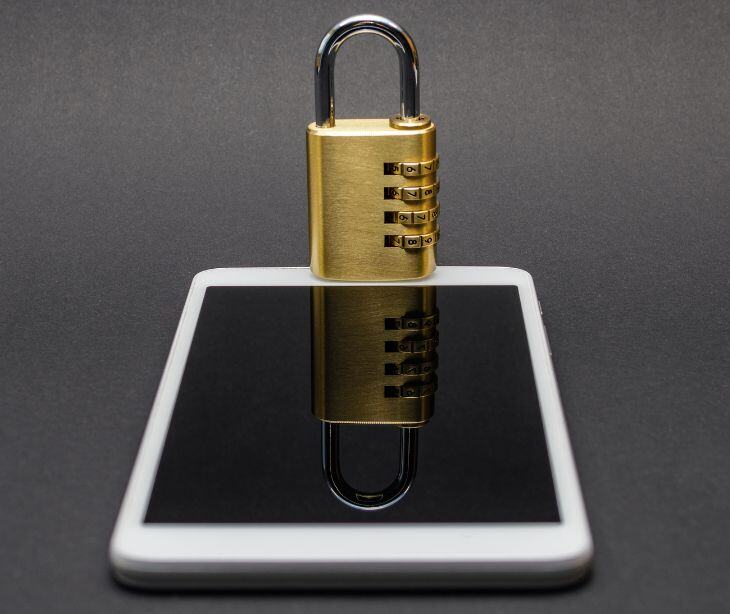
Data encryption scrambles information into an unreadable format, requiring a decryption key for access. In HIPAA compliant email and PHI security, encryption renders sensitive health data indecipherable without the specific decryption key, ensuring confidentiality during transmission and storage. In healthcare, encryption plays a significant role in securing protected health information (PHI).
Encryption in HIPAA compliant email
With 92% of the American population having access to email communication and 80% of patients preferring to use digital channels for communication with healthcare providers, email's widespread adoption can be attributed to its convenience. However, HIPAA regulations mandate stringent measures for safeguarding PHI, especially in electronic communications. Email is the primary mode of information exchange in healthcare and requires robust protection. Transport Layer Security (TLS) is the cornerstone encryption method used.
TLS secures data in transit between servers, shielding it from interception. However, while effective during transmission, it doesn't ensure encryption at rest when stored on servers.
The encryption process
Imagine encryption as converting a message into a secret code readable only by those possessing the decoding key. Similarly, encryption transforms plaintext into ciphertext using algorithms and keys. Advanced Encryption Standard (AES) represents a widely recommended encryption standard known for its robust security features. AES encryption, available in varying key lengths, ensures data protection.
The encryption process begins with plaintext undergoing a series of mathematical operations based on the encryption algorithm and the key. This results in creating ciphertext, a scrambled representation of the original data. Only those with the corresponding decryption key can reverse this transformation and retrieve the plaintext.
Implementing encryption for HIPAA compliance
Select HIPAA compliant email service providers offering robust encryption features as the first step toward compliance. HIPAA compliant email providers often offer built-in encryption solutions. Equally important is educating healthcare staff on identifying PHI and using encrypted communication for sensitive data. Continuous monitoring and audits ensure adherence to compliance standards and timely threat detection.
Related: Features to look for in a HIPAA compliant email service provider
Enhancing PHI security beyond encryption
Healthcare providers must have multiple layers of protection to keep PHI secure. That includes access controls, risk assessments, and incident response plans. Healthcare IT and legal professionals can guide on creating tailored security strategies that meet the latest standards.
FAQs
Can encrypted emails still be intercepted by unauthorized parties?
While encryption significantly reduces the risk, encrypted emails can still be intercepted if encryption keys are compromised or there are vulnerabilities in the email provider's security infrastructure.
How often should healthcare providers update their encryption protocols?
Healthcare providers should regularly update their encryption protocols, ideally annually or whenever new vulnerabilities are discovered, to ensure they are using the latest and most secure methods available.
What is the role of a business associate agreement (BAA) in ensuring email encryption for HIPAA compliance?
A BAA ensures that third-party email service providers are contractually obligated to implement and maintain appropriate encryption and security measures to protect PHI, thereby supporting HIPAA compliance.
Subscribe to Paubox Weekly
Every Friday we'll bring you the most important news from Paubox. Our aim is to make you smarter, faster.



